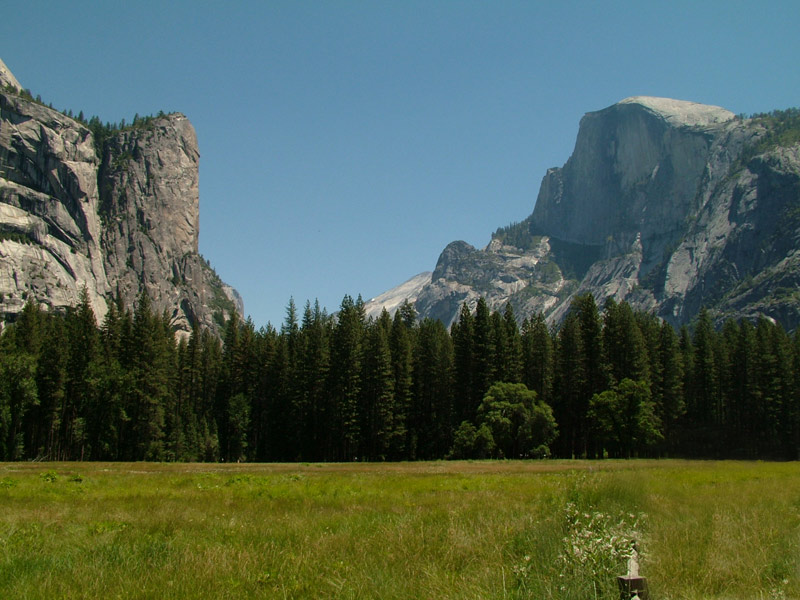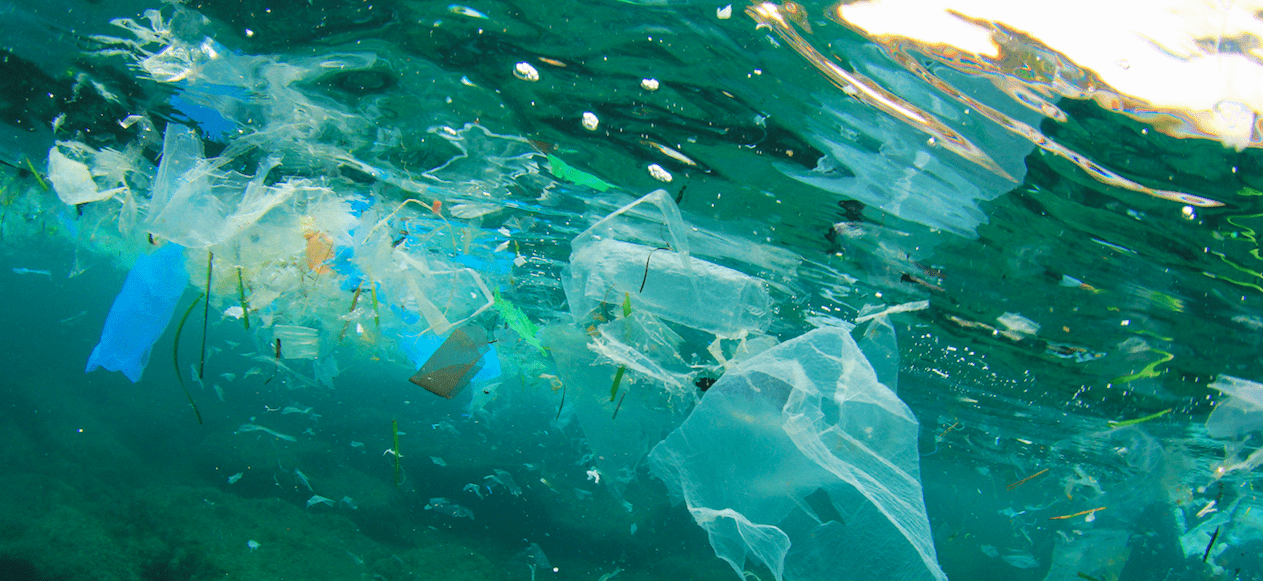The Centrist Party – Environment
Clean – Safe – Sustainable:
We need policy based on realistic assessment of available resources. Common sense usage of resources regarding capacity and regulation must be considerate of limitations and needs. Lack of consideration has historically demonstrated direct impact our economy and quality of life. Addressing needed policy directives will yield more affordable solutions and a healthier future.
It is now a well established that human cased global warming is occurring and impacting our environment. Global warming and resultant climate change will be one of the main issues in the near and foreseeable future. Impacts will affect our economy and security with new challenges. The more rapidly we address these challenges the more affordable will be the solutions.
Protecting The Environment
Politics must not get in the way of “Common Sense”. The Environment is a National and Global Security issue. Protecting natural resources is key to quality of life. If we ignore the environment and the resources available to sustain our quality of life we risk damage and depletion of the very resources required to support a higher quality of life. Balance is key in all areas of environmental protection. In the current climate crisis that is now upon us, advancement of carbon sequestration programs along with healthy energy policy will enable us to begin the process of lessening future damage.

Global Warming:
Global warming and climate change will remain one of the main issues in the near and foreseeable future. It’s impact will affect our economy and security with new challenges. The more rapidly we address these challenges the more affordable will be the solutions.
Learn more about the science and myths of this global warming event:
Plastic Pollution:
The evidence that plastic pollution is piling up is overwhelming. Not only is the plastic entering and now indicated to be polluting the food chain, but it is everywhere.
Learn more about plastic pollution:
Changing our habits is not easy, but necessary:
-
Reduce use of disposable plastics:
- Ninety percent of plastic items are used once: grocery bags, plastic wrap, disposable cutlery, straws.
-
Don’t buy plastic water bottles:
- Nearly 20 billion plastic bottles are tossed in the trash each year.
- Use a reusable bottle as much as possible.
- If concerned about quality use a bottle with a proper filter.
-
Boycott microbeads:
- Little plastic scrubbers found in many beauty products—facial scrubs, toothpaste, body washes—might seem harmless, but their tiny size allows them to slip through water-treatment plants. Unfortunately, they also look just like food to some marine animals.
- Opt for products with natural exfoliants, like oatmeal or salt, instead.
-
Cook more:
- It’s healthier. Making your own meals reduces usage of takeout containers and doggy bags.
- When you do order in or eat out, tell the establishment you don’t need any plastic cutlery.
- Ask the establishment if the have paper based rather than plastic or Styrofoam packaging.
-
Purchase items secondhand whenever possible/feasible:
- New toys and electronic gadgets, especially, come with all kinds of plastic packaging—from those frustrating hard-to-crack shells to twisty ties. Search the shelves of thrift stores, neighborhood garage sales, or online postings for items that are just as good when previously used. You’ll save yourself a few bucks, too.
-
Recycle:
- It seems obvious, but we’re not doing a great job of it. For example, less than 14 percent of plastic packaging is recycled. Confused about what can and can’t go in the bin? Check out the number on the bottom of the container. Most beverage and liquid cleaner bottles will be either #1 (PET), which is commonly accepted by most curbside recycling companies. Containers marked; #2 (HDPE; typically slightly heavier-duty bottles for milk, juice, and laundry detergent) and; #5 (PP; plastic cutlery, yogurt and margarine tubs, ketchup bottles) are also recyclable in some areas.
- You can do an internet search for specifics in your area; or contact your local/regional city/town office/government.
-
Support a bag tax or ban:
- Urge your elected officials to introducing or support legislation that would make plastic-bag use less desirable.
-
Buy in bulk:
- Single-serving yogurts, travel-size toiletries, tiny packages of nuts—consider the product-to-packaging ratio of items you buy often.
- Select bigger containers instead of buying smaller ones over time.
- Consider writing to manufacturers to inform them you are concerned about how much their packaging is recyclable.
-
Bring your own garment bag to the dry cleaner:
- Use your own zippered fabric bag and request that cleaned items be returned in it instead of sheathed in plastic.
-
Write to manufacturers:
- Corporations need to hear from you. Reducing packaging waste is important. If a company is wasteful let them know:
- Write a letter,
- send a tweet,
- or buy a different product from a more responsible company.
- Corporations need to hear from you. Reducing packaging waste is important. If a company is wasteful let them know:
Together we can make a difference to ensure the security of our nation, our future, our food, and our health.
Water Pollution:
Water pollution effects our health in many ways. When toxic chemicals make their way into our farming and drinking water, then can be passed through plants and animals into us. Or in the case of polluted drinking water, directly into us.
Water pollution also impacts animal life. If the fish die in our fresh-water sources, where will you go fishing. If the oceans become to toxic, where do we get clean fish. This may seem like an oversimplification, but we rely on clean water for our own health and that of the resources we enjoy and the food we eat.
There are many health issues of concern in this problem. Montoring and reducing water pollution is critical to our own food supply, our health, and to reducing the cost of healthcare.
Together we can make a difference to ensure the security of our nation, our future, our food and our health.
Unite America with The Centrist Party
- Enough is enough. We must unite to reclaim our government. Join the Centrist Party. Work together to heal our nation and return balance in governance and common sense for the nation and the people.
The Centrist News
Check out Centrist News & Perspectives for centrist media intelligence:

CP Voter Guide: 2024 – This election is a choice between everything America has stood for, or Trump
by John Reisman | Sep 2, 2024 | Economic Security, Economy, Education, Election, Election, Election, Energy, Environment, Environment-Global Warming, Healthcare, Healthcare Politics, Healthcare Security, Int'l, NATSEC, Political Economics, Political Reform, Political Sophistry, Politics, Politics Election Fraud, Politics Election Security, Security, Security
Be careful what you don't vote for? You might get what you don't want!This article will be updated as more information is weighed.Updated: Nov. 1, 2024 See Also: Trumps Terror Tactics are Starting to Work as Companies and News Orgs Decline to Endorse If They Look,...
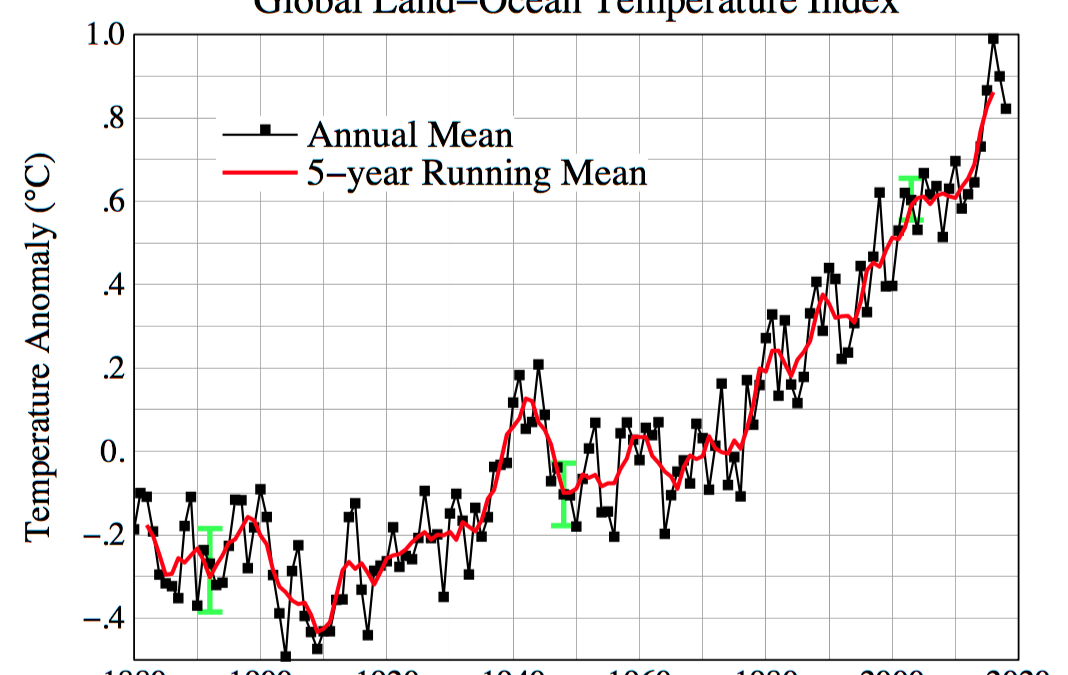
Retrospective: Climate – US Issues
by John P. Reisman | Jun 18, 2021 | Environment, Environment-Global Warming
This page shows some old data from the original CP website that still holds up and give us perspective on where we are today.
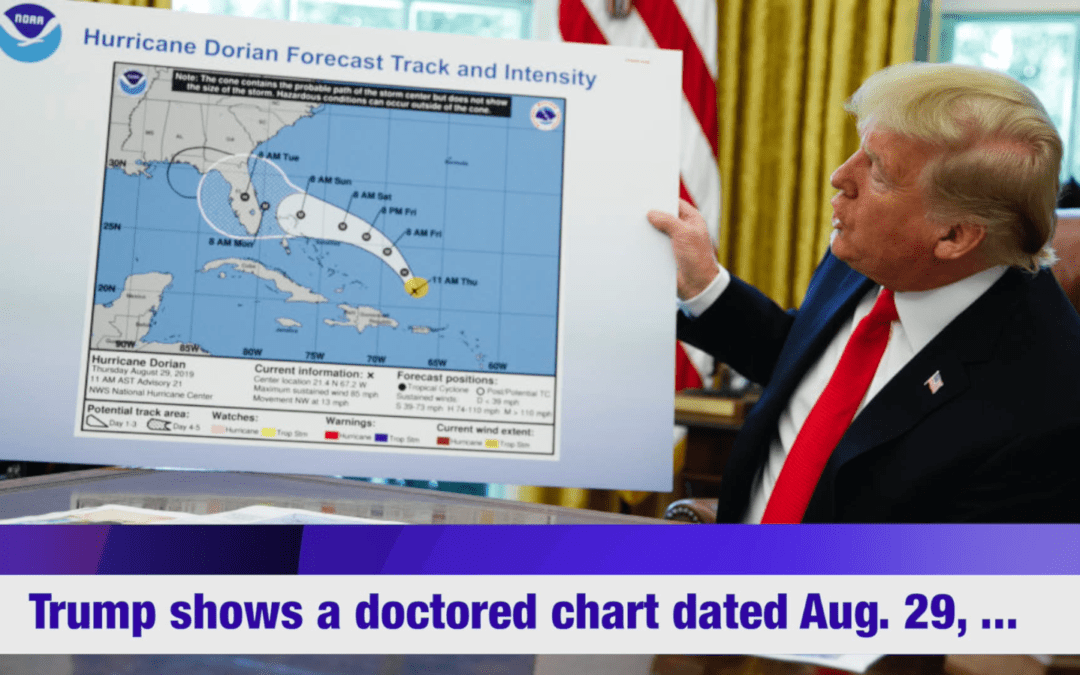
SharpieGate: Trumps Fake News
by John P. Reisman | Oct 24, 2019 | Environment
Examining how Trump and his administration construct lies and negative influence campaigns gives us a way to spot his lies easier. The more we pay attention, the more we can understand.
#News, #Environment, #Trump, #Sophistry, #Corruption
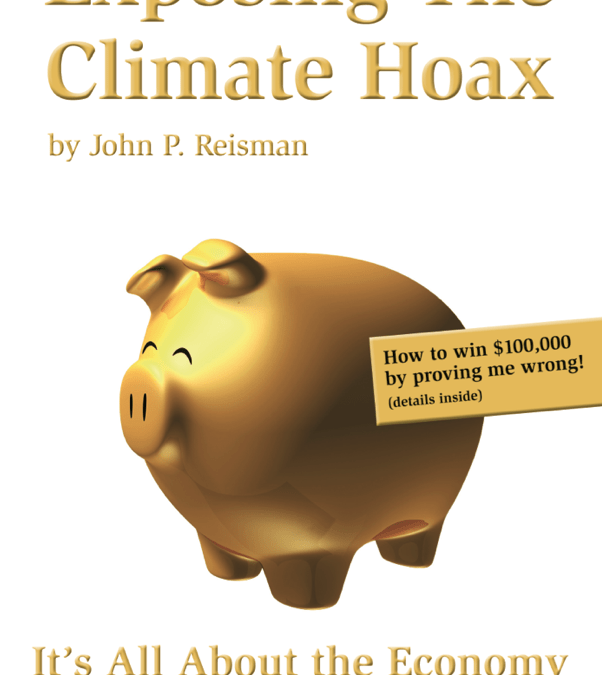
Exposing The Climate Hoax: It’s ALL About The Economy
by John P. Reisman | Aug 23, 2012 | Environment, Environment-Global Warming
The climate hoax is not what you may be thinking. Learn what climate change means to our economy, and how so many have been getting it wrong for so long. John P. Reisman takes you on a thrilling journey into the perfect storm of politics, perspective, security, economics, psychology and science…
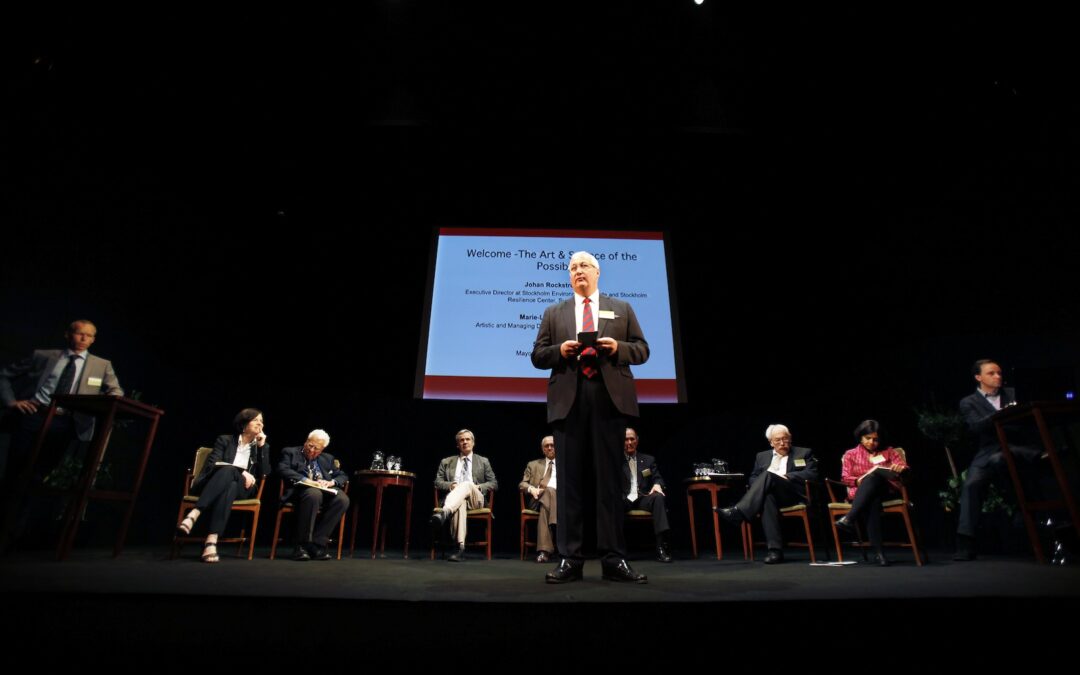
The Stockholm Memorandum
by John P. Reisman | May 25, 2011 | Environment, Environment-Global Warming
On Wednesday, May 17, 2011: Nobel laureates meeting in Stockholm, Sweden published a memorandum emphasizing the need for “fundamental transformation and innovation at all levels in order to slow and possibly reverse the impacts of global environmental change”. The Stockholm Memorandum concludes…

The History of Climate Science
by John P. Reisman | Apr 5, 2010 | Environment
While the ‘Greenhouse Effect’ has been known for nearly 200 years it was not until the 1950’s with the aid of studies funded by the US military that the major components of the theory were well understood. This largely had to do with understanding the atmospheric composition in the stratosphere…
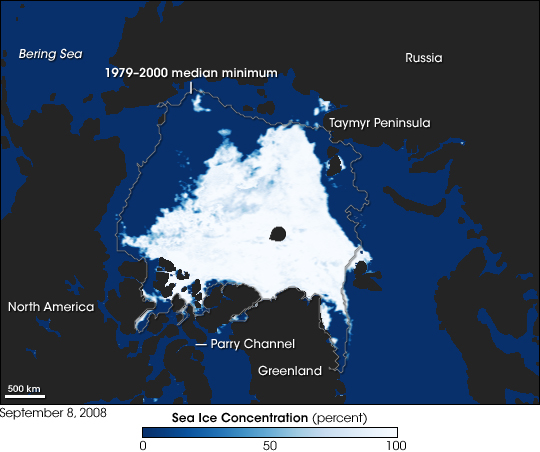
Arctic Ice Melt
by John P. Reisman | Feb 21, 2010 | Environment
The Arctic Ice is melting at an alarming rate, which could leave the North Pole virtually ice free within 10 to 30 years. Paleoclimate analysis indicates that the Arctic has probably not been ice free for about 3 million years. 3 million years ago Climate modeling of paleo observations indicate…
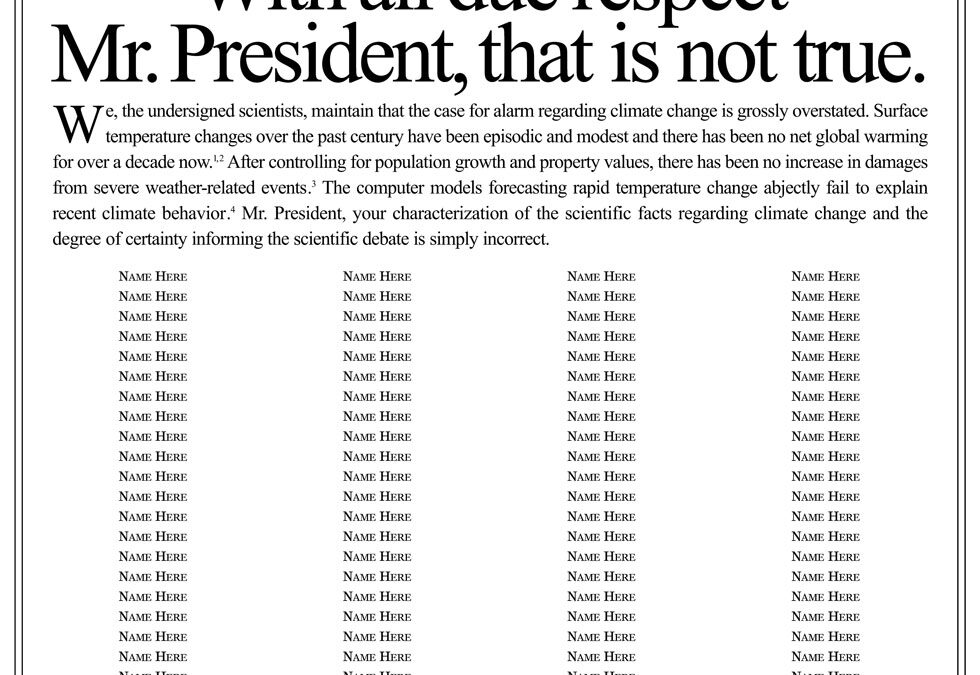
The CATO Institute: “With All Due Respect”
by John P. Reisman | Apr 6, 2009 | Environment, Environmental Sophistry
How wrong can they (The CATO Institute) be, let us count the ways… A funny thing happened on the way to create another incorrect impression about human caused global warming generated from a special interest lobby group… They apparently made up the scientific statement before they got…
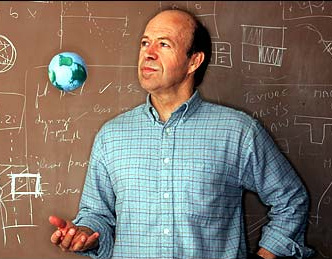
Global Warming Twenty Years Later: Tipping Points Near
by John P. Reisman | Jun 25, 2008 | Environment, Environment-Global Warming
“We’re toast if we don’t get on a very different path,” Hansen, director of the Goddard Institute of Space Sciences who is sometimes called the godfather of global warming science, told The Associated Press. “This is the last chance.” Dr. James Hansen summarizes the past 20 years. What the…
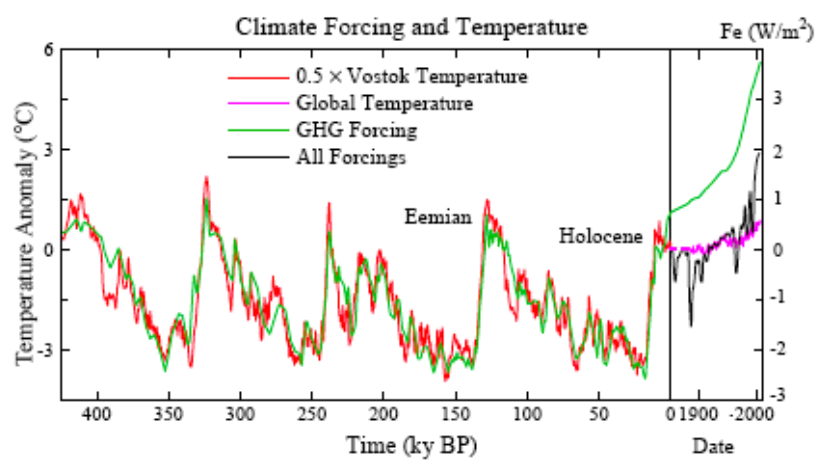
Target Co2: 350ppm
by John P. Reisman | Apr 8, 2008 | Environment, Environment-Global Warming
The numbers being discussed for target atmospheric Co2 are between 450 and 550 ppm (parts per million). We are currently at 385ppm CO2 (in 2008). The “Target Atmospheric Co2” paper clearly shows based on the evidence that everything is going faster than expected regarding global warming…
